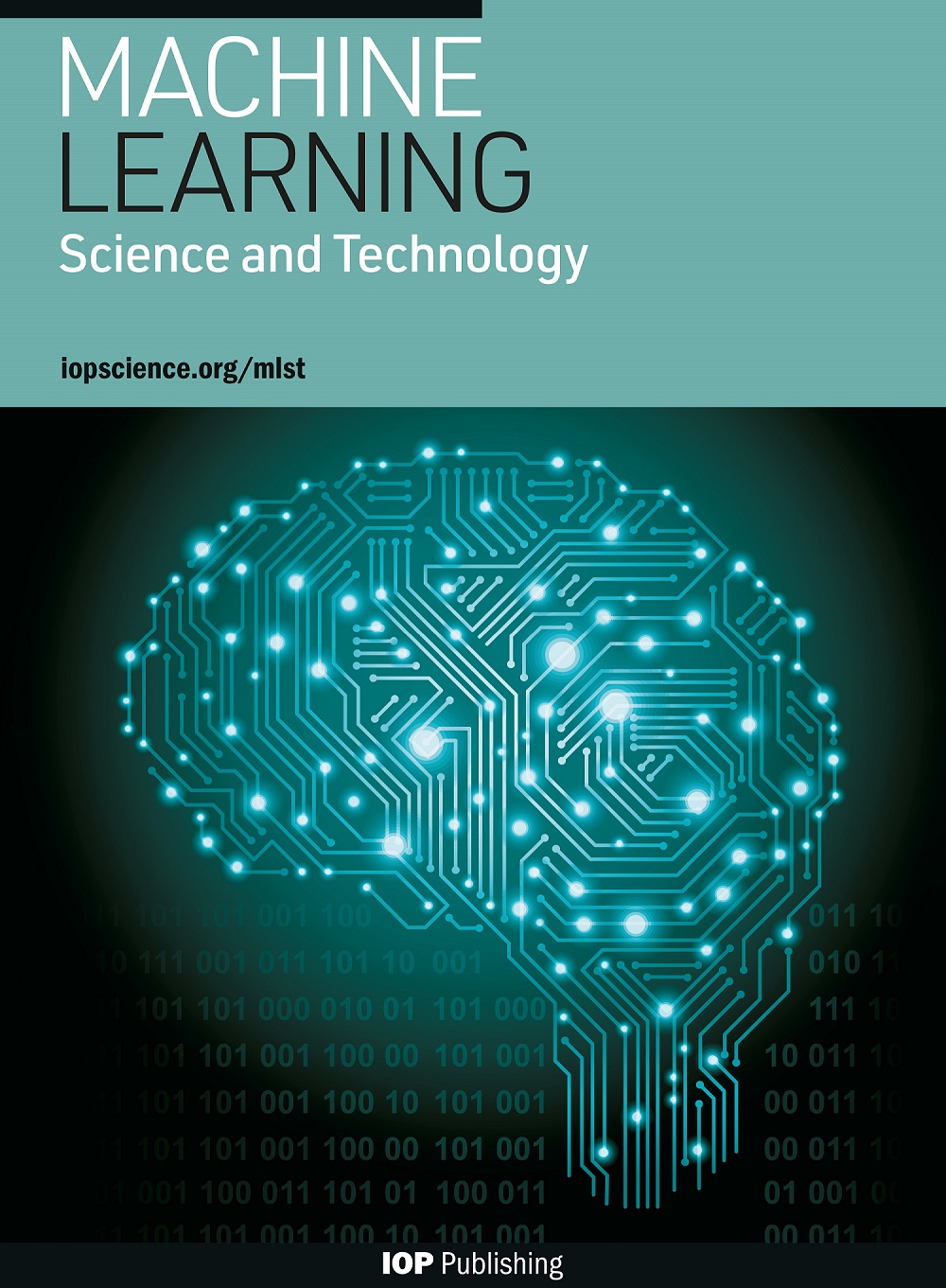Incorporating background knowledge in symbolic regression using a computer algebra system
IF 4.6
2区 物理与天体物理
Q1 COMPUTER SCIENCE, ARTIFICIAL INTELLIGENCE
引用次数: 0
Abstract
Symbolic regression (SR) can generate interpretable, concise expressions that fit a given dataset, allowing for more human understanding of the structure than black-box approaches. The addition of background knowledge (in the form of symbolic mathematical constraints) allows for the generation of expressions that are meaningful with respect to theory while also being consistent with data. We specifically examine the addition of constraints to traditional genetic algorithm (GA) based SR (PySR) as well as a Markov-chain Monte Carlo (MCMC) based Bayesian SR architecture (Bayesian Machine Scientist), and apply these to rediscovering adsorption equations from experimental, historical datasets. We find that, while hard constraints prevent GA and MCMC SR from searching, soft constraints can lead to improved performance both in terms of search effectiveness and model meaningfulness, with computational costs increasing by about an order of magnitude. If the constraints do not correlate well with the dataset or expected models, they can hinder the search of expressions. We find incorporating these constraints in Bayesian SR (as the Bayesian prior) is better than by modifying the fitness function in the GA.利用计算机代数系统在符号回归中纳入背景知识
符号回归(SR)可以生成符合给定数据集的可解释的简洁表达式,与黑箱方法相比,它能让人类更好地理解数据结构。增加背景知识(以符号数学约束的形式)可以生成既符合理论又有意义的表达式。我们特别研究了在基于遗传算法(GA)的传统 SR(PySR)和基于马尔可夫链蒙特卡罗(MCMC)的贝叶斯 SR 架构(贝叶斯机器科学家)中添加约束的问题,并将其应用于从实验、历史数据集中重新发现吸附方程。我们发现,虽然硬约束阻碍了 GA 和 MCMC SR 的搜索,但软约束可以在搜索效果和模型意义方面提高性能,计算成本大约增加一个数量级。如果约束条件与数据集或预期模型关联度不高,就会阻碍表达式的搜索。我们发现,将这些约束条件纳入贝叶斯 SR(作为贝叶斯先验)比在 GA 中修改拟合函数效果更好。
本文章由计算机程序翻译,如有差异,请以英文原文为准。
求助全文
约1分钟内获得全文
求助全文
来源期刊

Machine Learning Science and Technology
Computer Science-Artificial Intelligence
CiteScore
9.10
自引率
4.40%
发文量
86
审稿时长
5 weeks
期刊介绍:
Machine Learning Science and Technology is a multidisciplinary open access journal that bridges the application of machine learning across the sciences with advances in machine learning methods and theory as motivated by physical insights. Specifically, articles must fall into one of the following categories: advance the state of machine learning-driven applications in the sciences or make conceptual, methodological or theoretical advances in machine learning with applications to, inspiration from, or motivated by scientific problems.
 求助内容:
求助内容: 应助结果提醒方式:
应助结果提醒方式:


